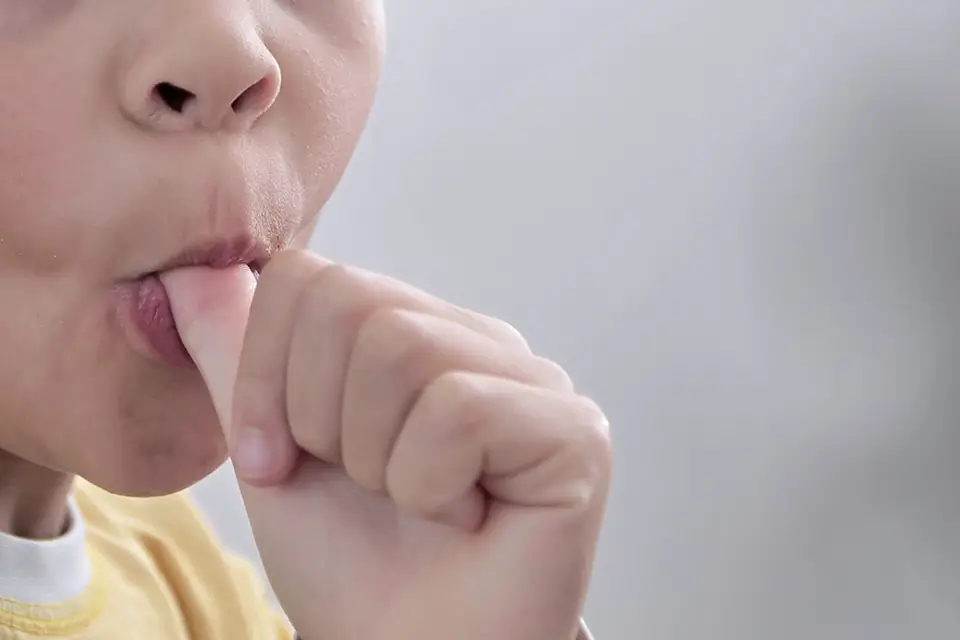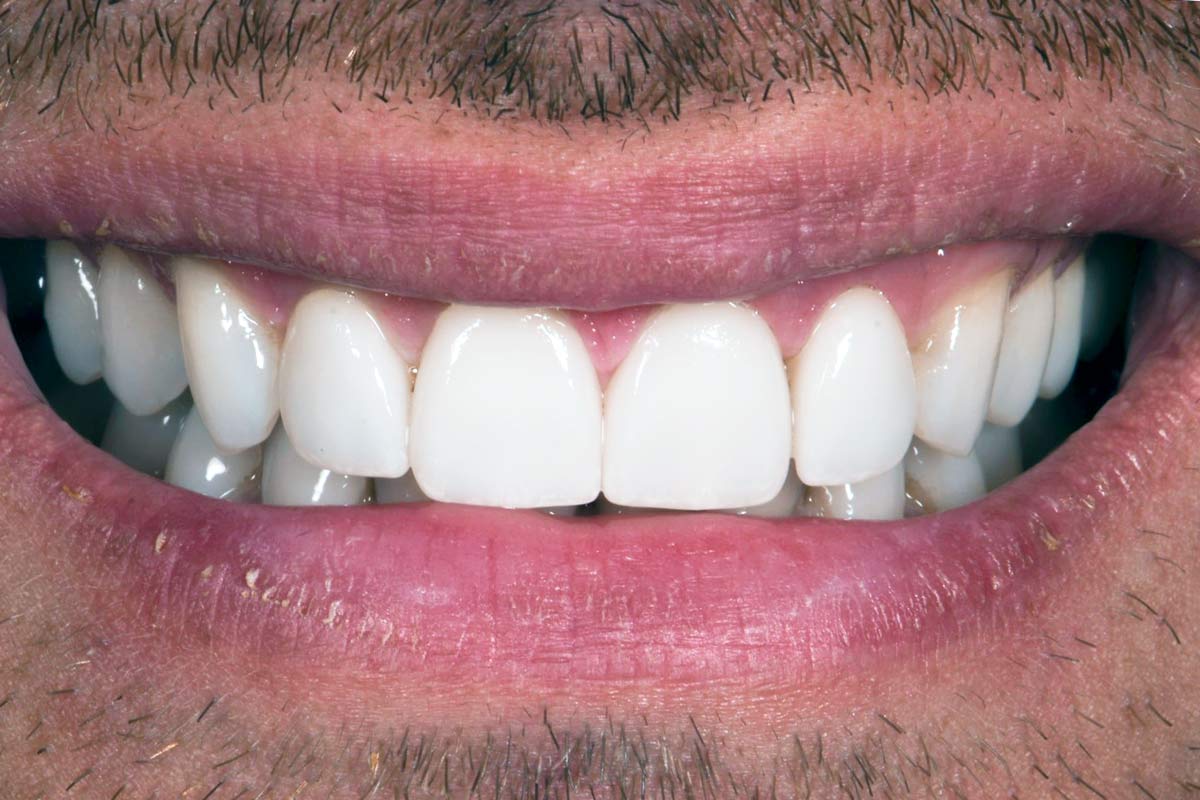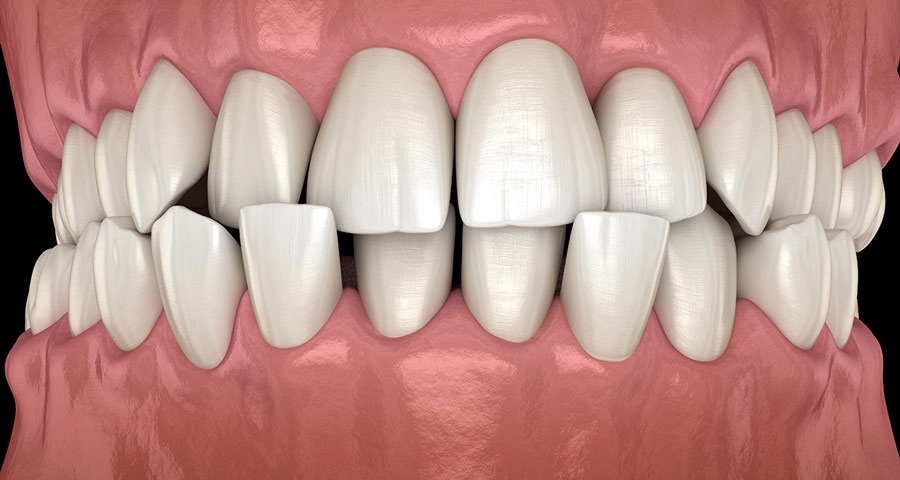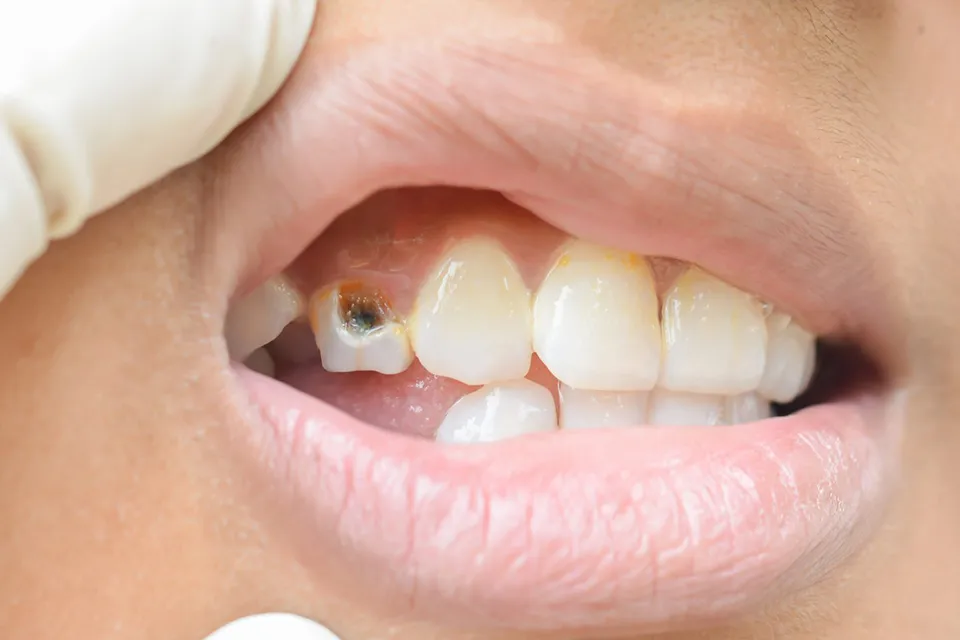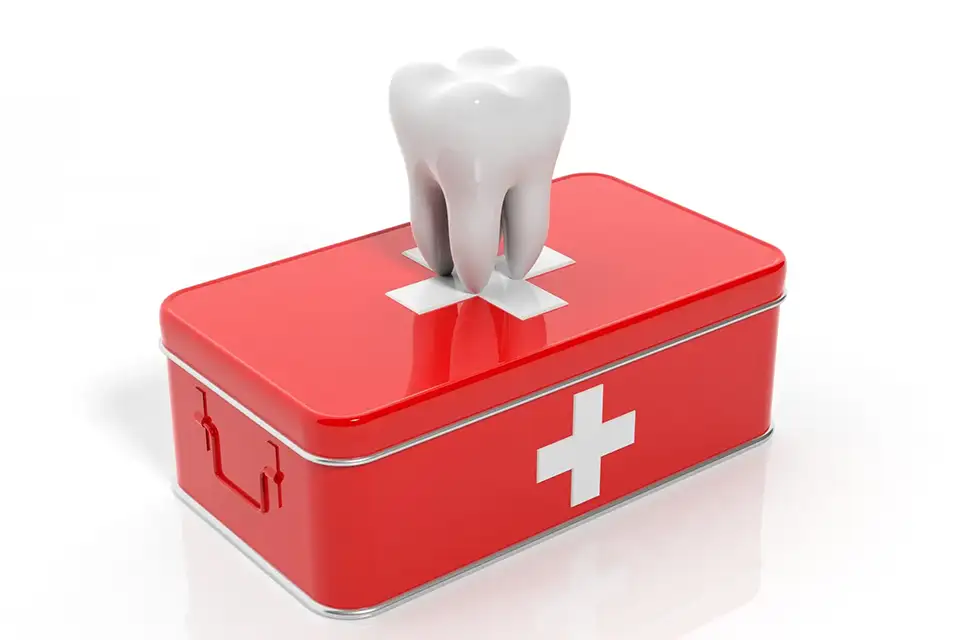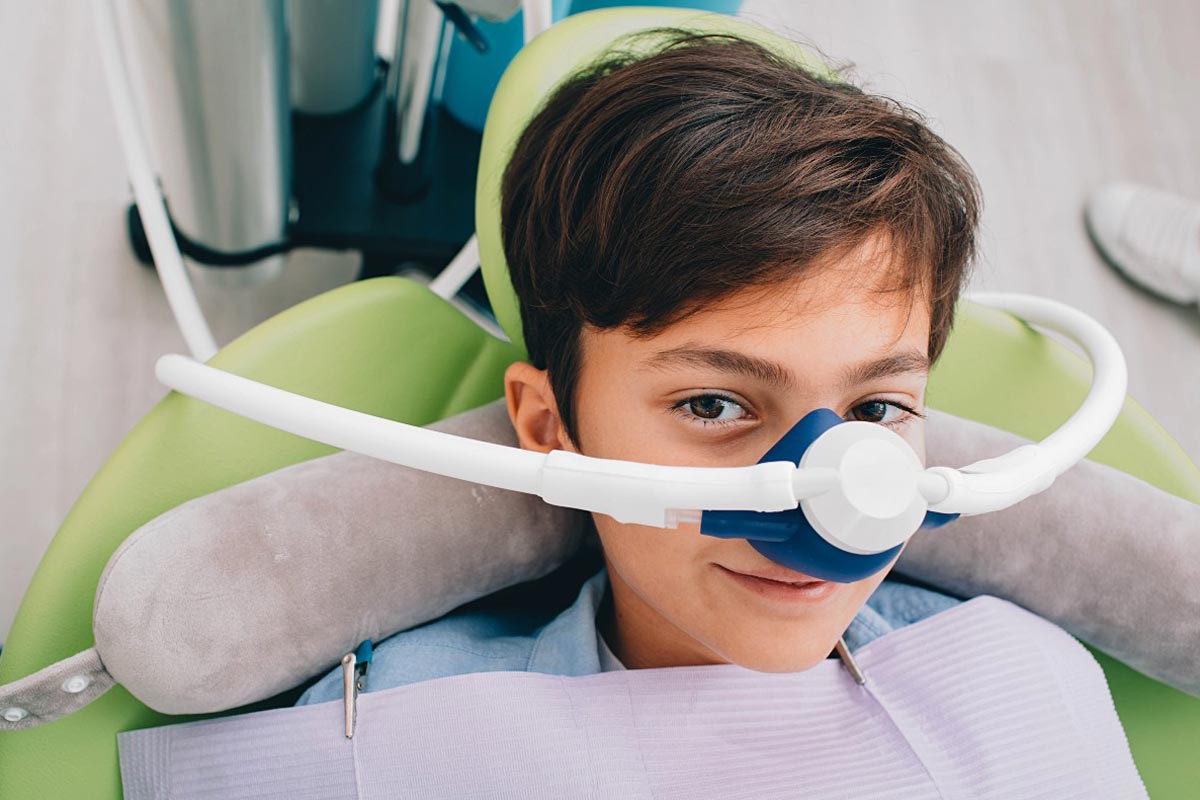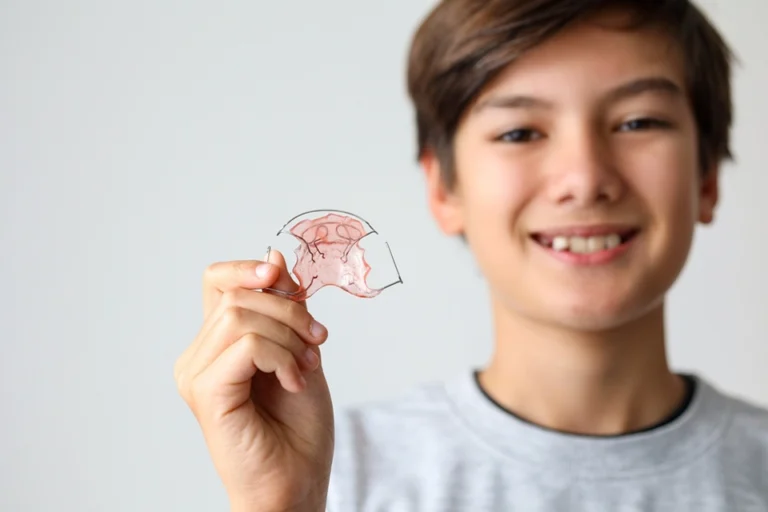Relax Your Way to a Beautiful Smile!
Is sedation dentistry part of your upcoming treatment plan? Get ready with essential insights on preparations, post-procedure care, and the treatments that may require it.
For many people, the thought of going to the dentist causes anxiety or fear. Moreover, the fear of dental procedures can deter individuals from getting necessary oral health care, resulting in future dental issues. Fortunately, sedation dentistry provides a solution, ensuring patients have a relaxing and stress-free treatment.
We prioritize your well-being at Zara Dental in Houston, Texas, and strive to provide a comfortable dental visit. This detailed guide will explain sedation dentistry, what happens before and after the procedure, and which treatments may require it.
Join us as we explore the world of sedation dentistry and see how it can improve your dental appointments.
What Is Sedation Dentistry?
Sedation dentistry, also known as sleep dentistry or conscious sedation, is a practice of dentistry that employs medication to assist patients to relax during dental procedures. The primary objective is to alleviate dental anxiety, fear, and discomfort so patients can receive necessary dental care without stress or trepidation.
Sedation can range from minimal sedation, in which the patient remains awake but deeply relaxed, to deep sedation, in which the patient is on the verge of unconsciousness but can be brought to consciousness if necessary.
What Happens Before Sedation Dentistry?
Several necessary steps are taken to ensure your safety and comfort before undergoing sedation dentistry. Here’s what to expect:
Initial Consultation
Your journey into sedation dentistry begins with an initial consultation with your dentist. During this visit, you will discuss your dental concerns, medical history, and any anxiety or phobias you may have. Moreover, this information will help the dentist determine the most suitable type and level of sedation for your requirements.
Treatment Plan
Your dentist will develop a customized treatment plan after evaluating your individual needs and understanding your level of anxiety or fear. Moreover, this plan will detail the recommended sedation method and the dental procedure.
Pre-Procedure Instructions
Your dentist will provide specific pre-procedure instructions based on the type of sedation selected. For instance, if you are to receive oral sedation, your dentist will instruct on when and how to take the medication. Moreover, if IV sedation or general anesthesia is planned, you may be advised to fast for a specific time before your procedure.
Review of Medications
It is critical to inform your dentist about your current medications; as certain medications may interact with the sedatives. Additionally, this information lets your dentist make any required adjustments to ensure your safety.
Designated Driver
If you are undergoing sedation dentistry, a responsible adult must accompany you to and from your dental appointment. Due to the probable effects of the sedation, you should not drive or operate heavy machinery after the treatment.
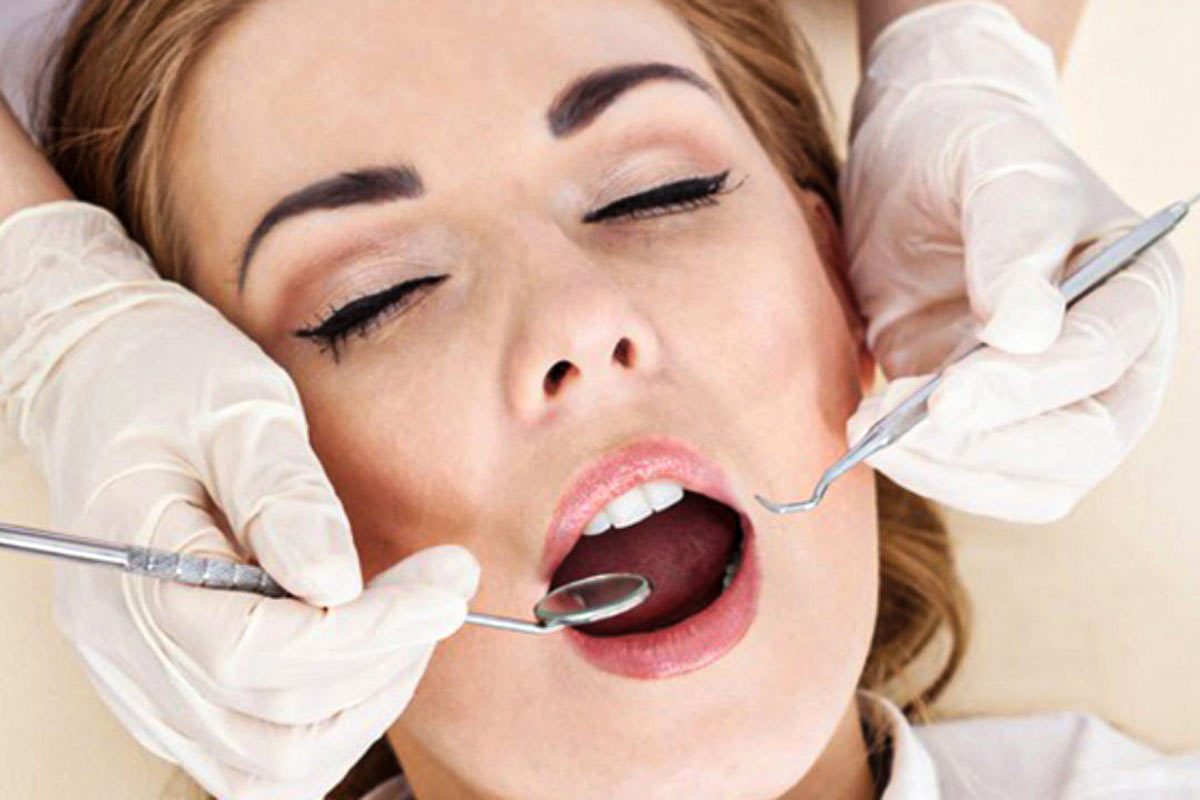
What Happens After Sedation Dentistry?
The post-sedation period is crucial to a patient’s recovery and must be managed carefully. Here’s what usually happens following sedation dentistry:
Recovery Monitoring
Your dental team will closely monitor your stability after the dental procedure as the sedation wears off. This monitoring is necessary to guarantee your safety and comfort during this crucial phase.
Drowsiness
It is usual to feel drowsy following surgery, especially if you received oral or IV sedation. You might feel sleepy or disoriented. It is critical to have a designated driver to get you securely back home.
Rest
Plan to rest for the rest of the day after the procedure. Rest is essential for a quick recovery, so avoid strenuous activities.
Hydration
Stay hydrated by drinking plenty of fluids, but avoid alcohol and caffeine, which might impede your recovery.
Diet
Initially, consume soft foods and liquids immediately after the procedure, progressively progressing to a regular diet as your comfort allows.
Pain Management
Your dentist will guide you in managing any post-procedure discomfort. Additionally, you should follow these instructions carefully to ensure a comfortable recovery.
Follow-up Appointment
Schedule a follow-up appointment with your dentist to evaluate your recovery progress and to address any concerns or issues you may have. Moreover, this step is essential to ensure everything is proceeding as planned.

Treatments That May Require It
Sedation dentistry can be used for various dental treatments, depending on the patient’s needs and level of anxiety.
Here are some examples of standard dental procedures that may necessitate sedation:
Complex Dental Procedures
Extensive dental procedures, including full mouth reconstructions, multiple tooth extractions, and dental implant placements, can be time-consuming and potentially painful. Dentists frequently utilize sedation dentistry to guarantee patient comfort throughout these complex treatments.
Oral Surgery
Surgical procedures within the oral cavity, including wisdom tooth extraction, gum grafting, and corrective jaw surgery, may require sedation to manage pain and anxiety effectively.
Root Canal Therapy
Although root canals usually are not painful, the perception of pain in some patients might cause anxiety. Sedation can help patients relax during this essential procedure.
Dental Implant Surgery
Placing dental implants, which involves inserting metal posts into the jawbone, may require sedation to assure patient comfort and relaxation.
Periodontal Surgery
Surgical treatments for periodontal disease, such as pocket reduction surgery and tissue grafting, may require sedation to alleviate patient anxiety and pain.
Treatment of Dental Phobia
Even routine dental cleanings and fillings can be distressing for people with extreme dental phobias or anxieties. Moreover, sedation dentistry provides these patients with a viable option for necessary dental care.
Pediatric Dentistry
Sedation dentistry is also used on children with difficulty remaining still or cooperating during dental procedures. It provides a comfortable environment for children and allows essential treatments to be performed efficiently.
At Zara Dental in Houston, Texas, sedation dentistry is a revolutionary approach to dental care, offering patients a calm and anxiety-free experience. Understanding what happens before and after sedation dentistry is critical to ensuring a painless and relaxing experience.
Our team at Zara Dental is committed to your health from the initial consultation through personalized treatment planning and post-procedure recovery.
Furthermore, knowing which treatments may necessitate sedation dentistry will help you make informed decisions about your dental care. Whether you are undergoing a complex dental procedure, oral surgery, or even routine dental care, sedation dentistry can make the experience stress-free and comfortable.
Don’t let dental anxiety or fear prevent you from maintaining good oral health. Call us at Zara Dental immediately to learn how sedation dentistry can transform dental visits, allowing you to receive care without anxiety or distress. Our top priorities are your comfort and well-being, and we are here to provide you with exceptional dental care.

